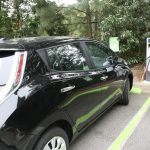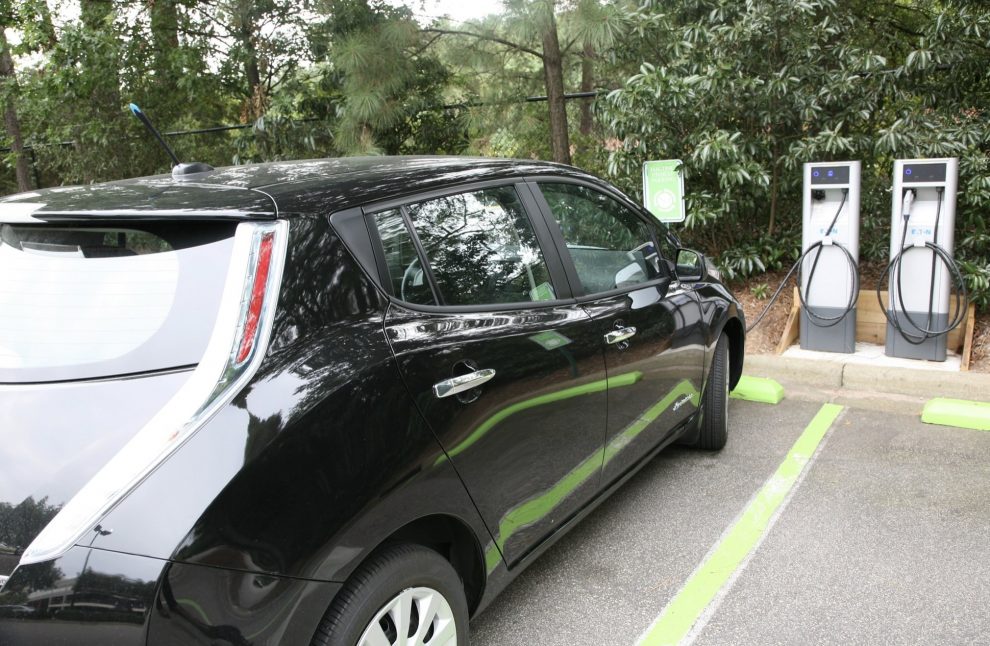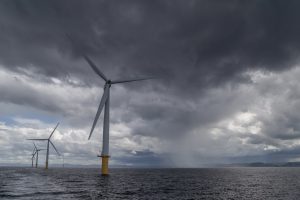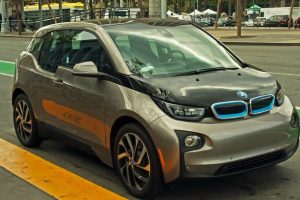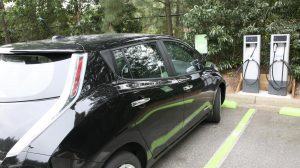General Motors will only aim at selling zero-emission cars and trucks by 2035, a decision announced by the company’s chief executive, Mary T. Barra. The announcement came in just a day after President Biden passed an executive order on climate change. The announcement seemed to blindside other players in the industry whore usually tend to present a united front when it comes to emissions and other policy issues. G.M. has had a complicated relationship with electric cars dating back decades, a stand which has changed during Ms. Barra’s tenure since 2014, and the company now looks closer to fully embracing the technology.
Many players in the sector are still contemplating the best response to Ms. Barra’s latest move though there have been no reactions from other players in the sector or oil and gas companies. In Washington, however, there have been reactions from corporate lobbyists who are grumpy with the decision as they deem it as a well-played move to polish both the company’s and its C.E.O.’s reputation, especially at this time when the sector is looking forward to negotiating a new fuel-economy deal with the new administration.
According to Dane Parker, a senior executive at G.M., the company was not playing to find favor with the new administration rather than that the decision was made based on vital, dollar-and-cents analysis of the direction of which the auto sector is moving to and the cars expected to break sales in the near future. Mr. Parker further stated that the company took the decision to build sustainable operations to ensure the company, in the next 15 years, runs a profit-making business.
G.M. has committed to invest over $27 billion so as to bankroll 30 E.V. models by the year 2025, and a battery manufacturing plant is already under construction in Ohio to make batteries for the E.V.s. Mr. Parker further stated that the company was actively looking for new sites to boost the production of both batteries and E.V.s.
With the announcement, just a day after Biden signed the executive order on pollution regulation, G.M. instills a more powerful political push to the plan, which indicates that the country’s largest vehicle manufacturer backs the new administration’s policy on climate change.
BMW, Ford, Honda, Volkswagen, and Volvo had in the past entered into a contract with California, which saw them accept stringent fuel economy standards, a deal that G.M. had avoided altogether. This means that the company can still carry its operations under the Trump rule until the new policies are endorsed, allowing the company more time to carry out research and advance its technology.



